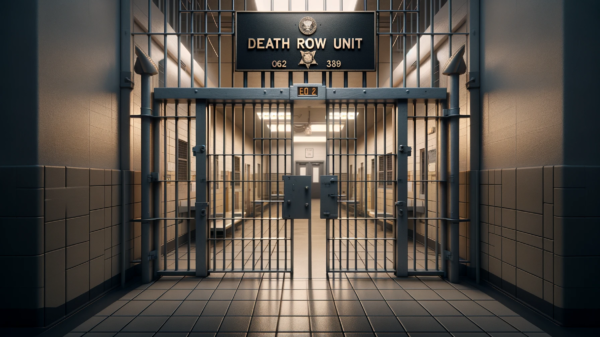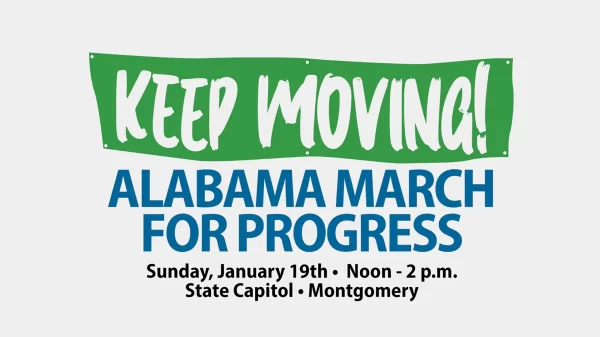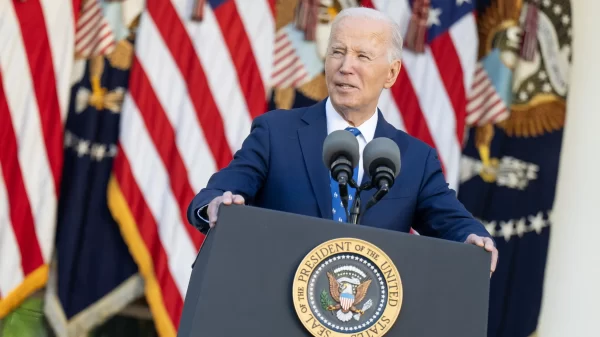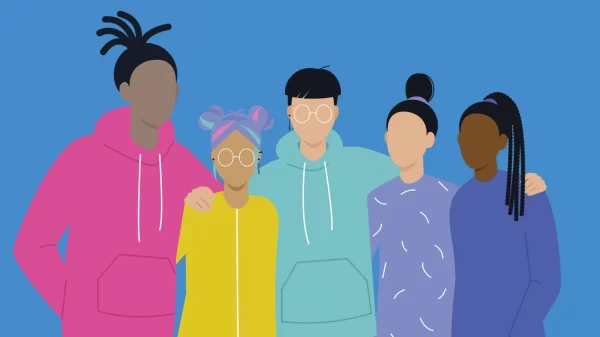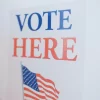By Bill Britt
Alabama Political Reporter
MOBILE – A growing amount of evidence is showing that a greater number of school children across the country are become a part of what is known the school-to-prison pipeline.
Everyday, many children, especially those in minority or poor areas are losing learning time due to suspensions.
Acts that once were thought childhood behavior are systematically being criminalized according to the Southern Poverty Law Center and other groups.
In its ongoing effort to fight the school-to-prison phenomenon the SPLC is targeting the widespread practice of denying Mobile County public school students their constitutional rights in an amended complaint filed in its federal civil rights lawsuit against the Mobile County Public School System.
The updated complaint addresses how, a year after filing the lawsuit, principals across the district continue to impose lengthy suspensions on students, often for minor misbehaviors, without giving parents the required notice and a hearing before the suspension. It also highlights how the district’s top officials have turned a blind eye to the problem, according to SPLC.
“A lot of Mobile principals are making snap decisions to suspend students and deny them months of education, often for things like skipping class, talking back and tardiness,” said Marion Chartoff, a senior staff attorney with the SPLC. “These short-sighted decisions not only deny students their constitutional rights, but too often cut short their entire education.”
According to Judith Browne-Dianis, co-director of the Advancement Project, and a leader of the Forum for Education & Democracy., “These problems are so expansive that every year, more than 3 million students are suspended, and more than 100,000 are expelled. While the number of arrests nationally is unknown, we do know that in places such as Florida, over 20,000 students enter the juvenile justice system directly from school every year, mostly for misdemeanor offenses. Other states and districts around the country register similarly alarming numbers.”
The SPLC says that in addition to having their constitutional rights violated, Mobile students are also being denied their right to an education. Last school year alone, school administrators imposed over 450 long-term suspensions–often for minor infractions like repeated tardies. Long-term suspensions in Mobile County Public Schools can last from 11 days until the end of the semester, and many students receive no education during this time.
In a 2009 report by The Children’s Defense Fund Cradle to Prison Pipeline, it was found that for every 100 white students enrolled in Alabama public schools, there were 5.8 suspensions. For very 100 black students enrolled in Alabama public schools, that number more than doubled to 18.3 suspensions.
The study found that in Alabama, 9.8 percent of youths ages 16 to 19 were neither enrolled in school nor high school graduates.
The SPLC originally filed a federal civil rights lawsuit in May 2011 against the Mobile County Public School System on behalf of six students who missed more than 445 school days in one academic year due to suspensions for apparent minor misbehavior such as untucked shirts or failing to carry a school ID.
Numerous studies have shown that students who are suspended are much less likely to graduate from high school. And students who do not graduate from high school cost the community millions of dollars in lost economic activity, increased social costs and increased crime.
A 2012 report from the US Department of Education found that, black students, especially boys, faced much harsher discipline in public schools than other students.
Although black students made up only 18 percent of those enrolled in the schools sampled, they accounted for 35 percent of those suspended once, 46 percent of those suspended more than once and 39 percent of all expulsions, according to the Civil Rights Data Collection’s 2009-10 statistics from 72,000 schools in 7,000 districts, serving about 85 percent of the nation’s students. The data covered students from kindergarten age through high school.
The zero tolerance policies instituted in school around the country have led to these types of numbers according to SPLC and others who are fighting for a more rational approach to school discipline.
Multiple studies have revealed that the shift to a reactive and punitive model of discipline for student infractions has not decreased school disruptions. They have also shown that abdicating the role of disciplinarian to school resource officers or other local law enforcement has proven to have a negative impact on eduction and a increase of student dropout rates. These factors have led to what has come to be known as school-to-prison pipeline.
A study by the SPLC states, “Some schools see few options available to them and have resorted to a standardized ‘zero tolerance’ approach to school discipline applying mandatory exclusionary punishments for a wide range of misbehavior, rather than taking circumstances into account in deciding whether and how to punish the child. But zero tolerance policies not only fail to address the underlying causes of misbehavior–they also tend to cause more problems than they solve.
While no one is condoning violent or threatening behavior within schools, most studies suggest that most offenses referred to the juvenile justice system are instances that should be addressed at school and at home.













